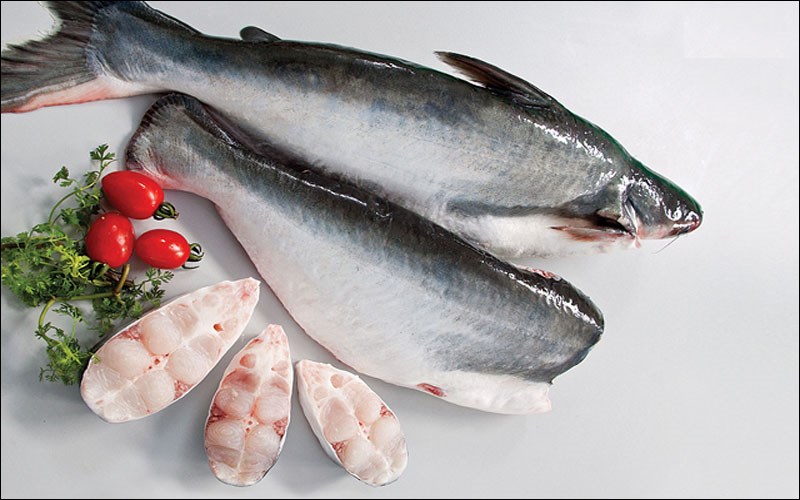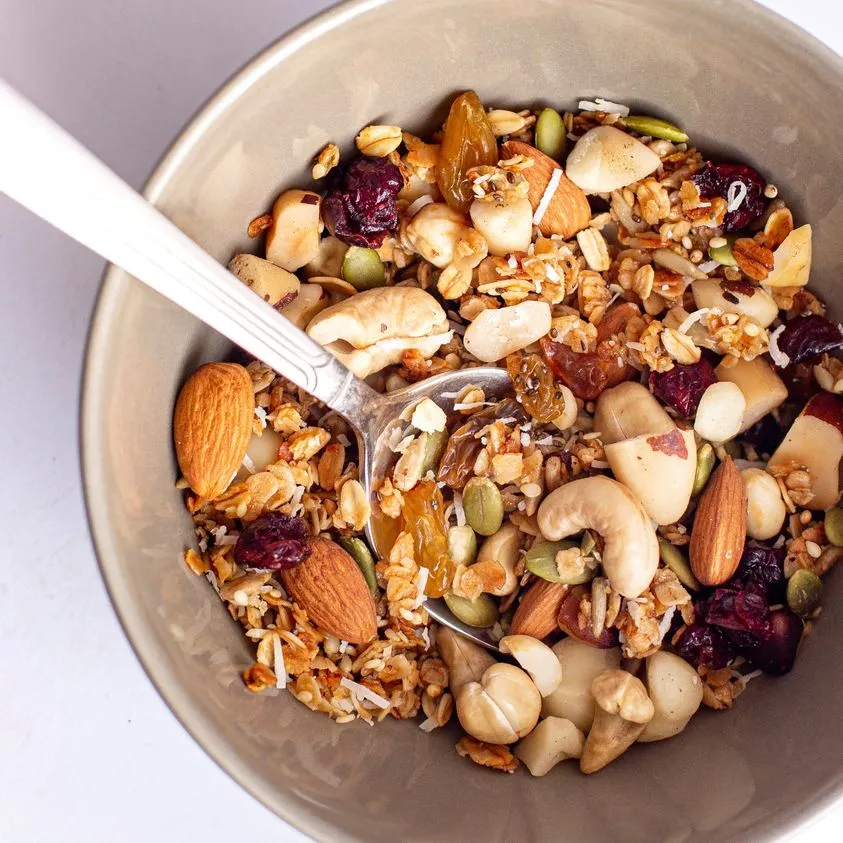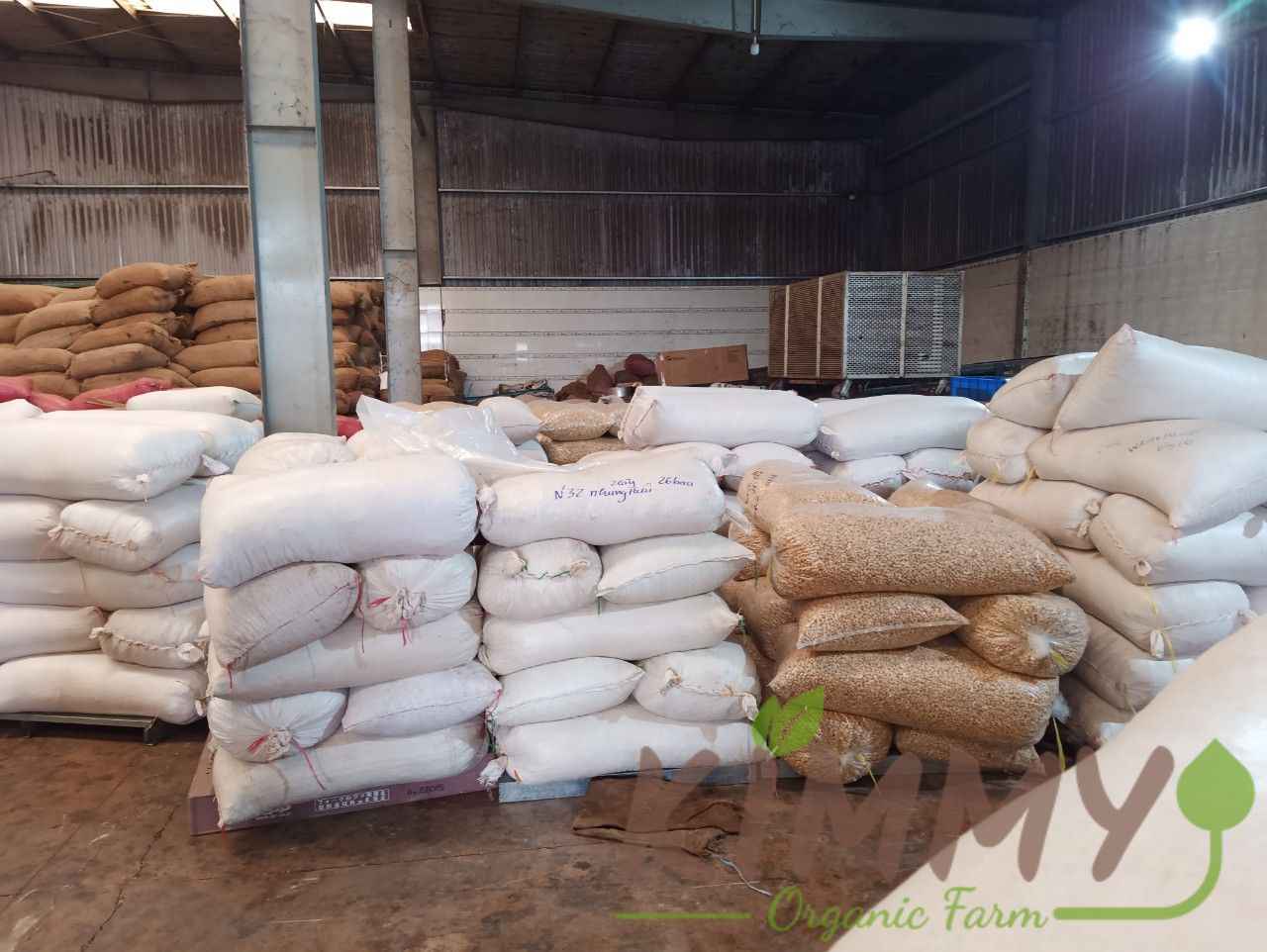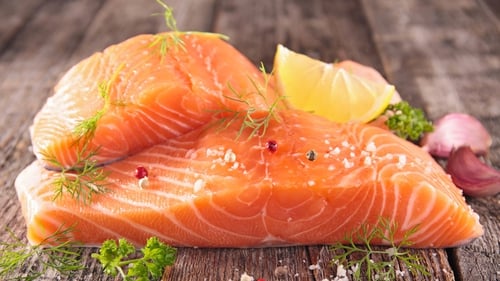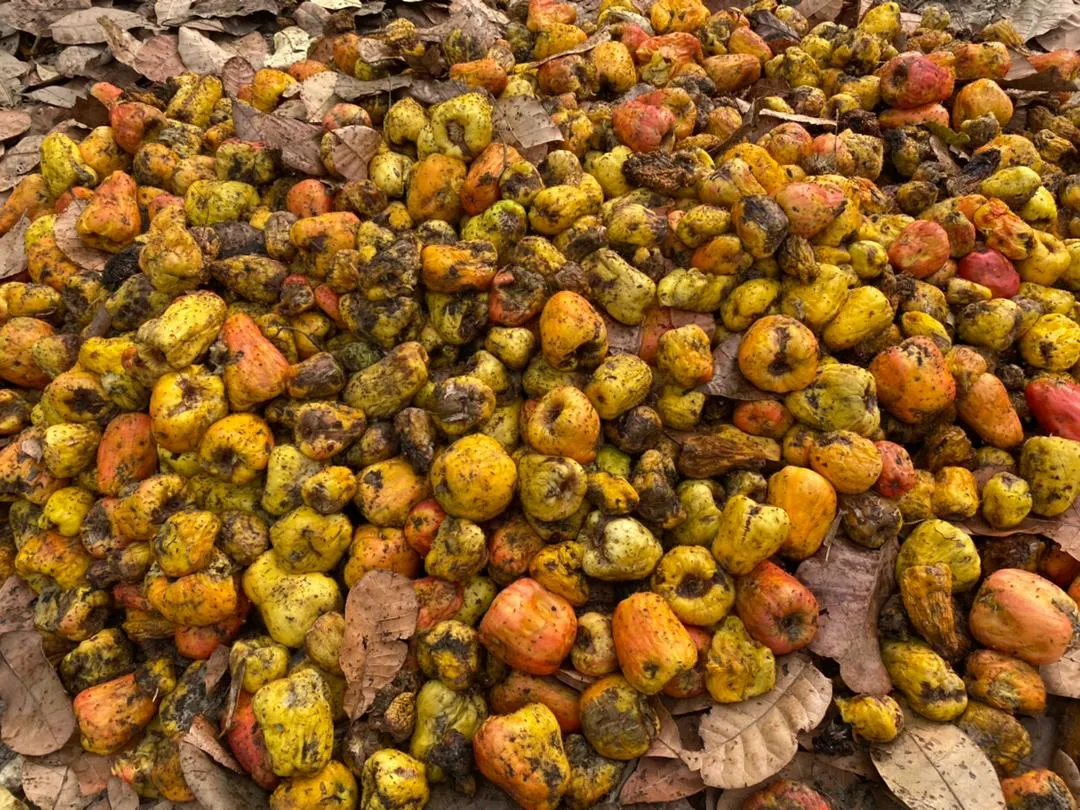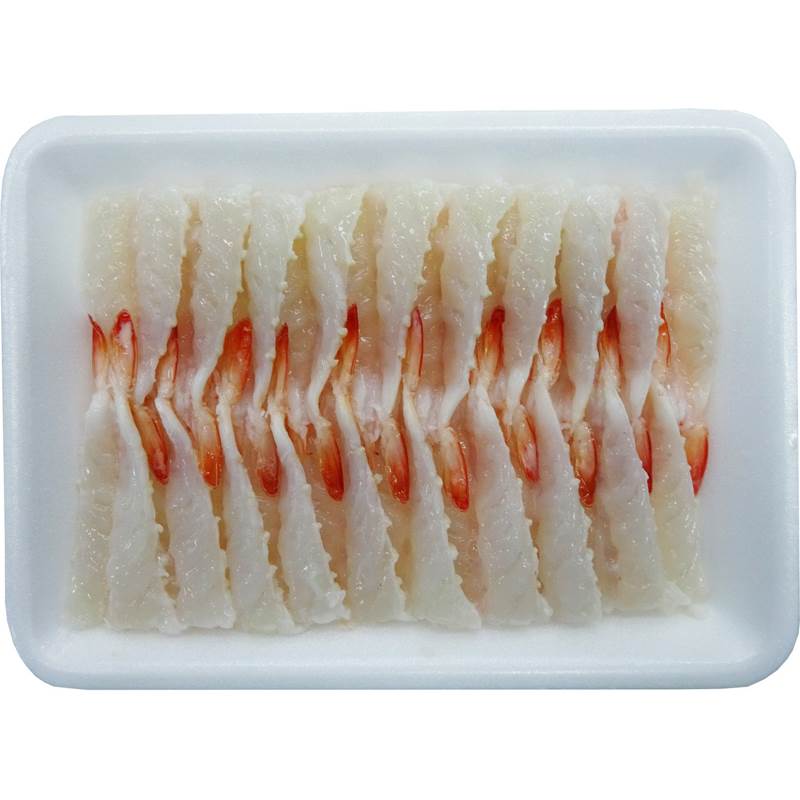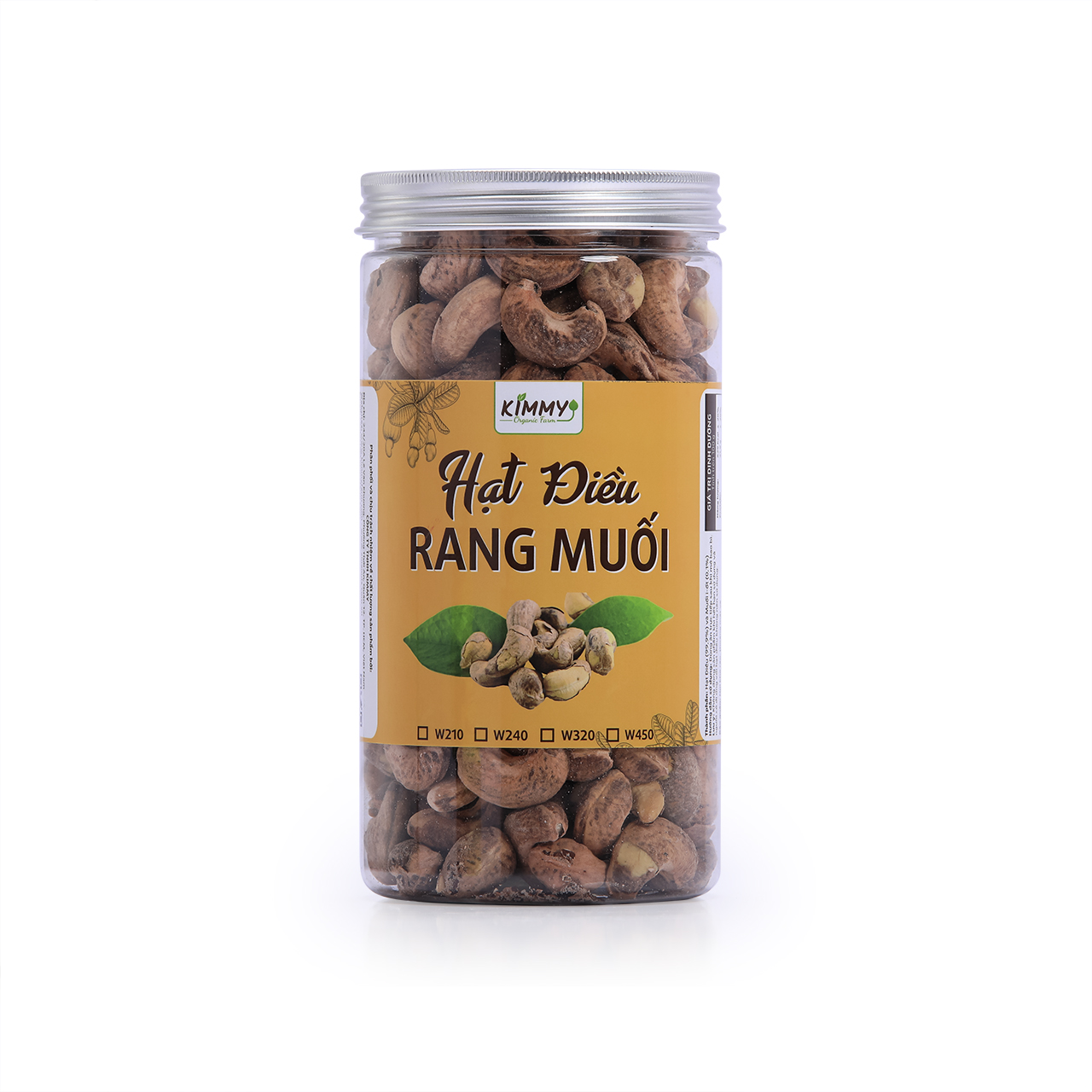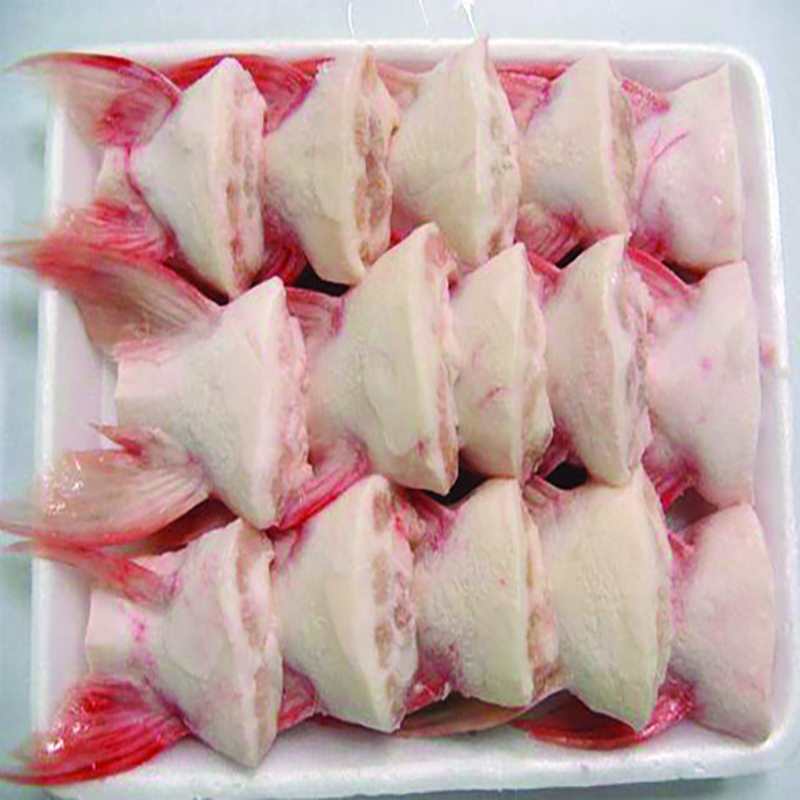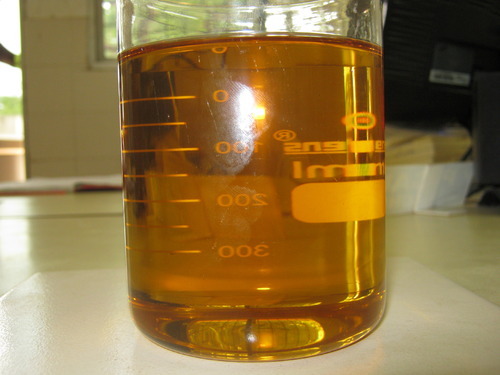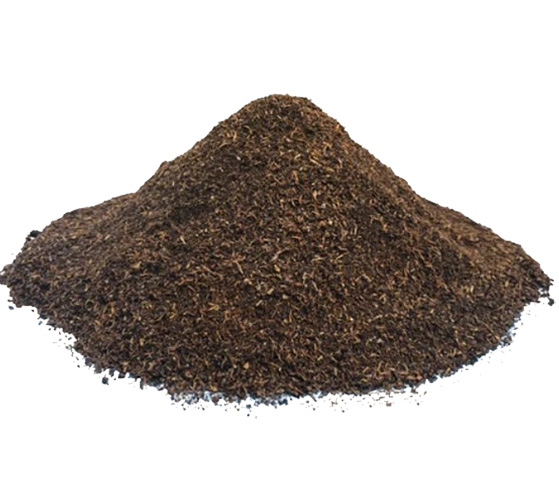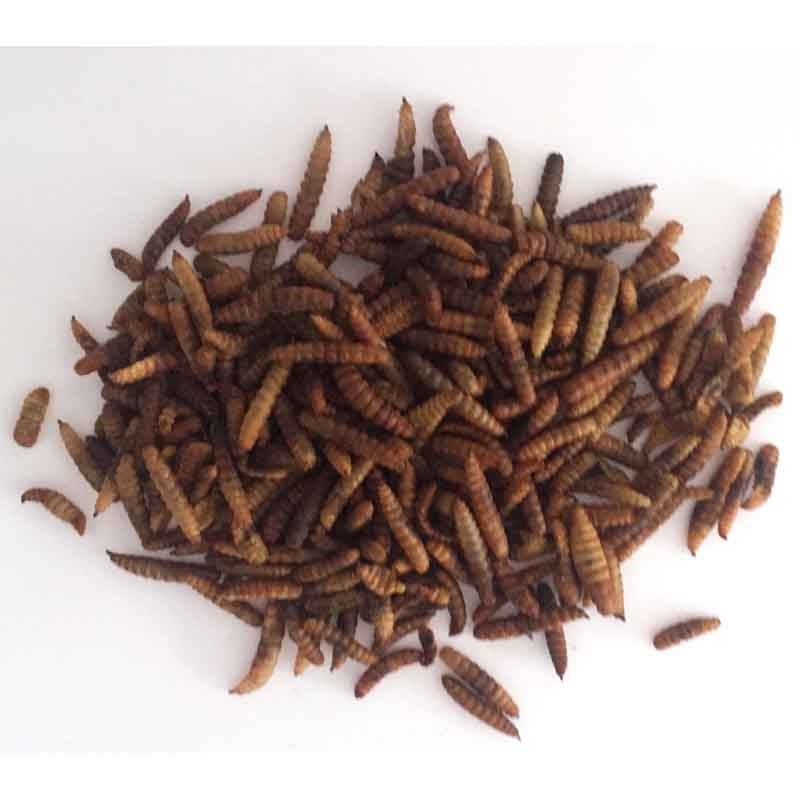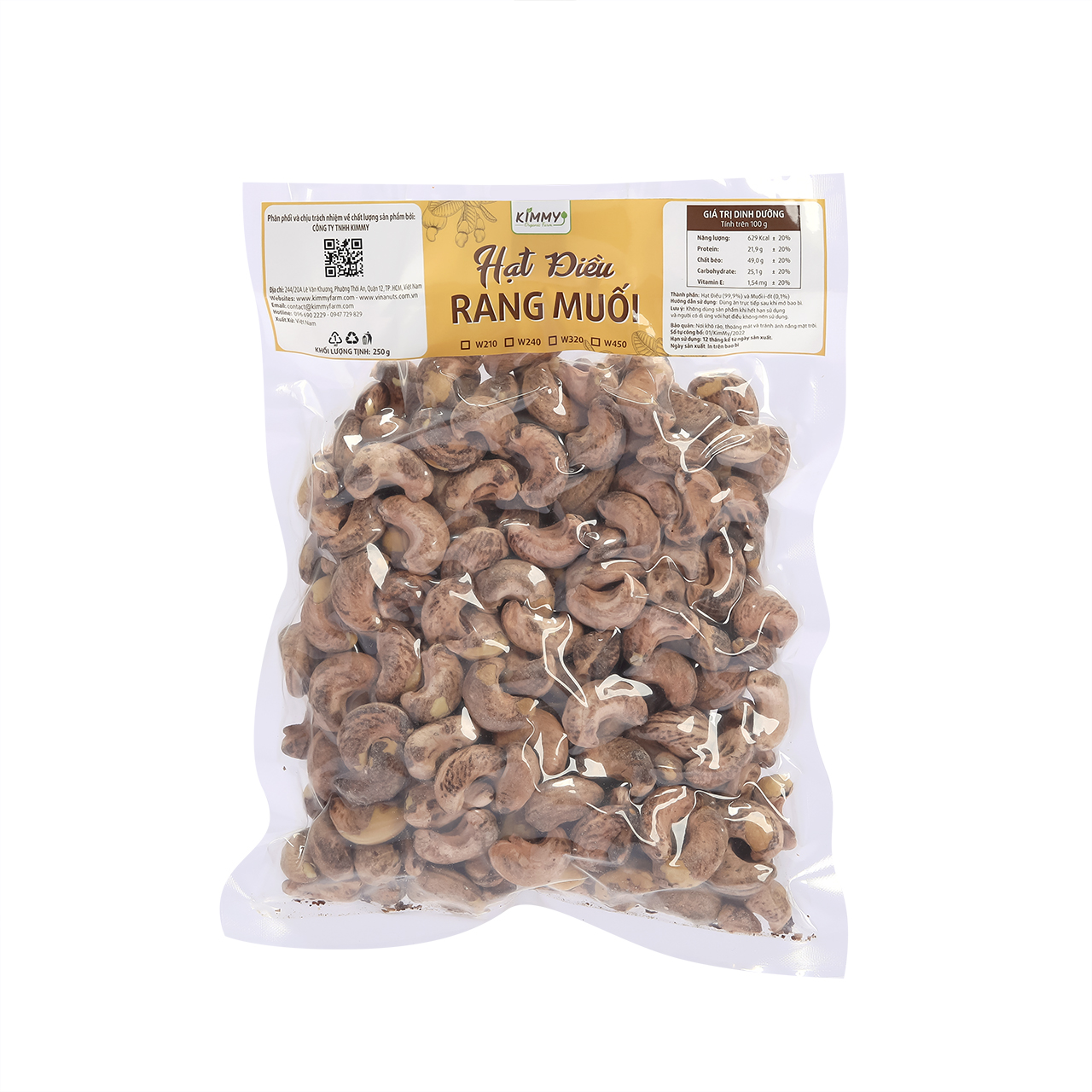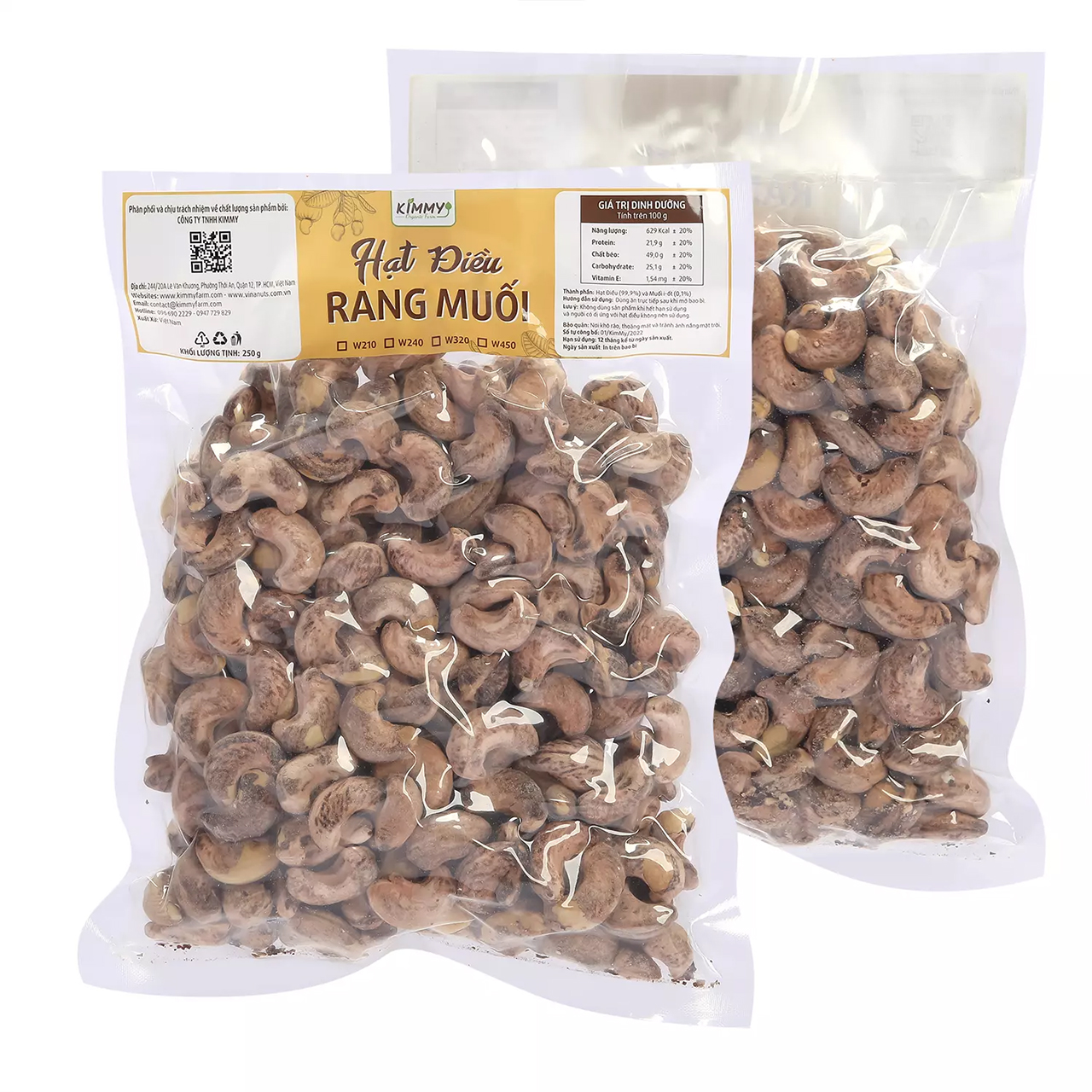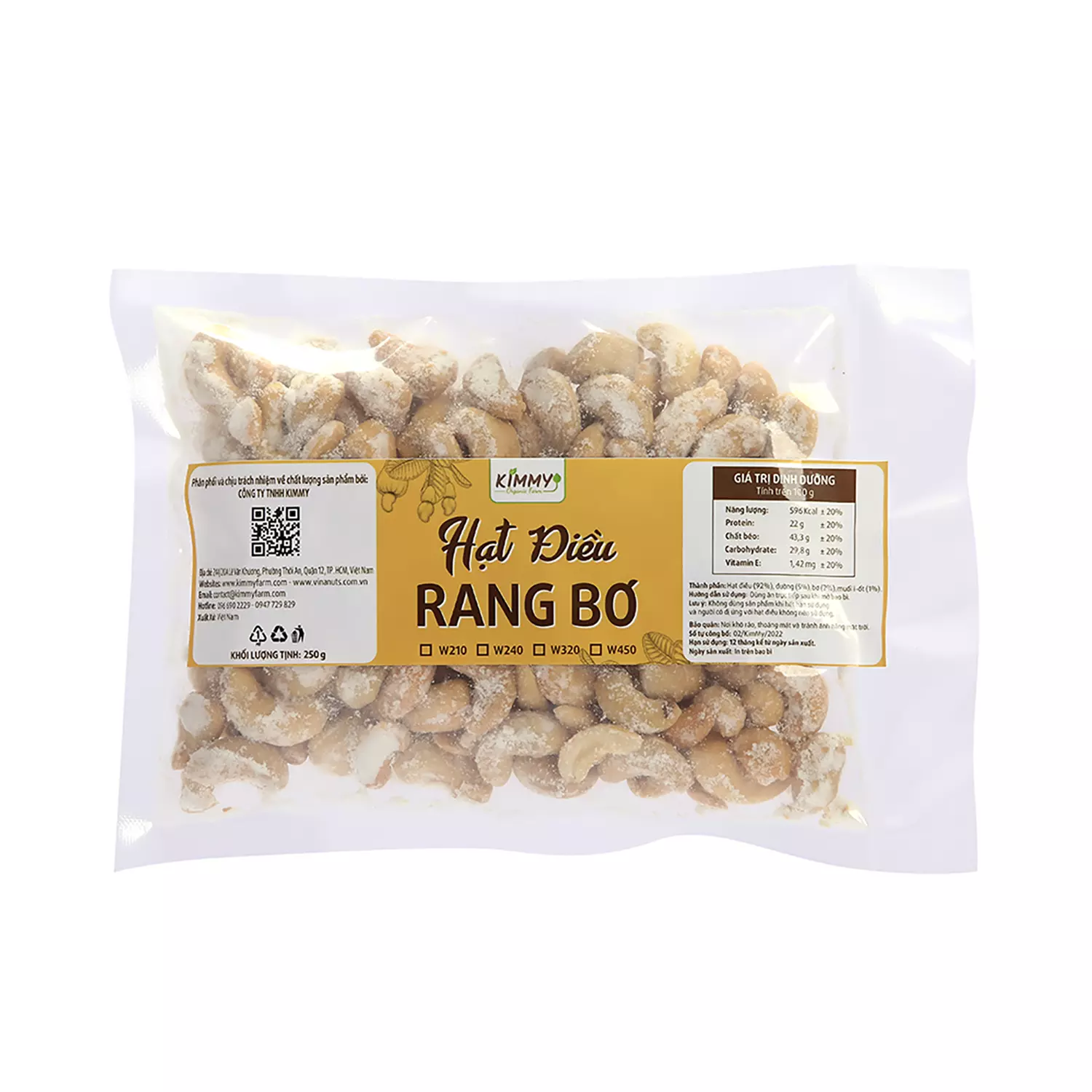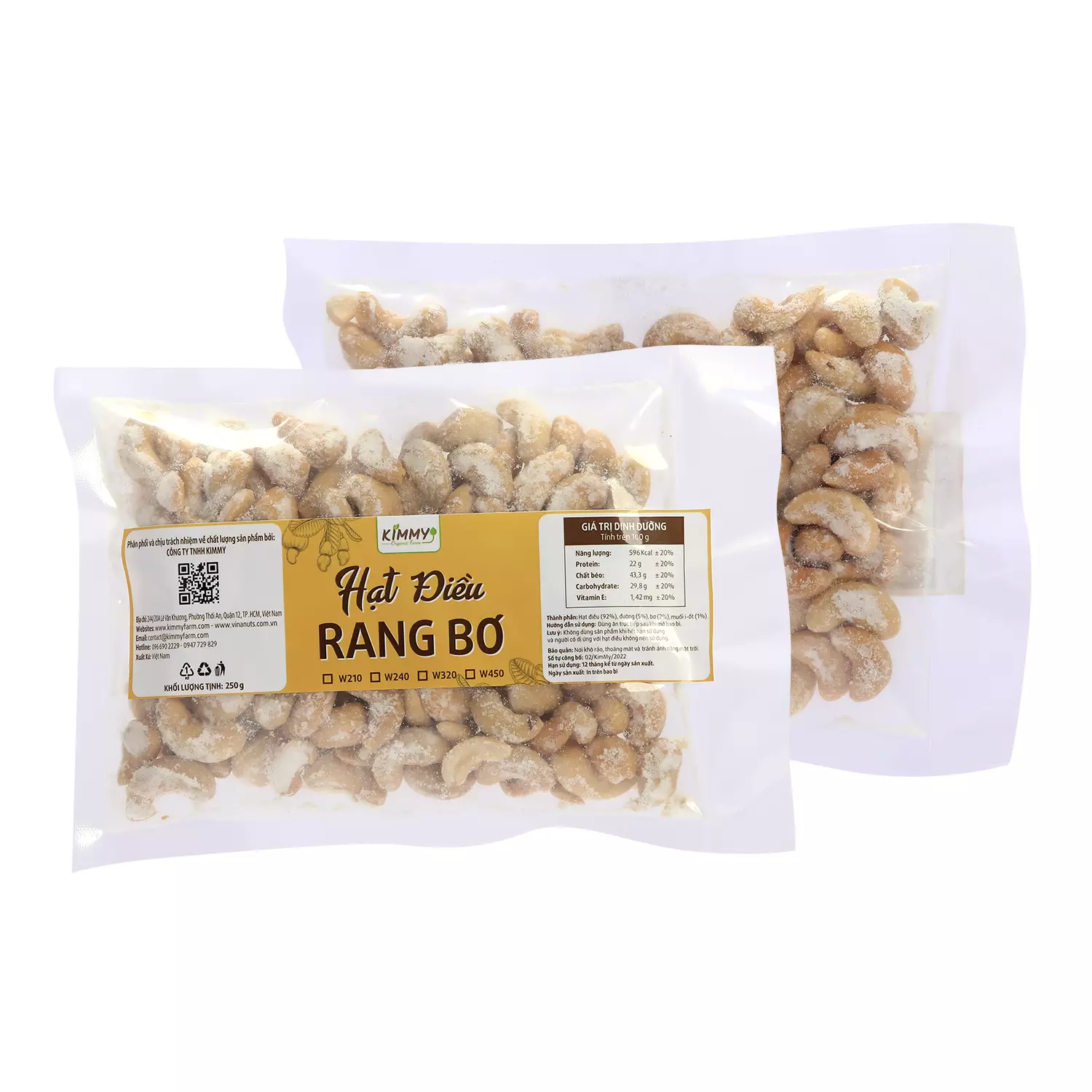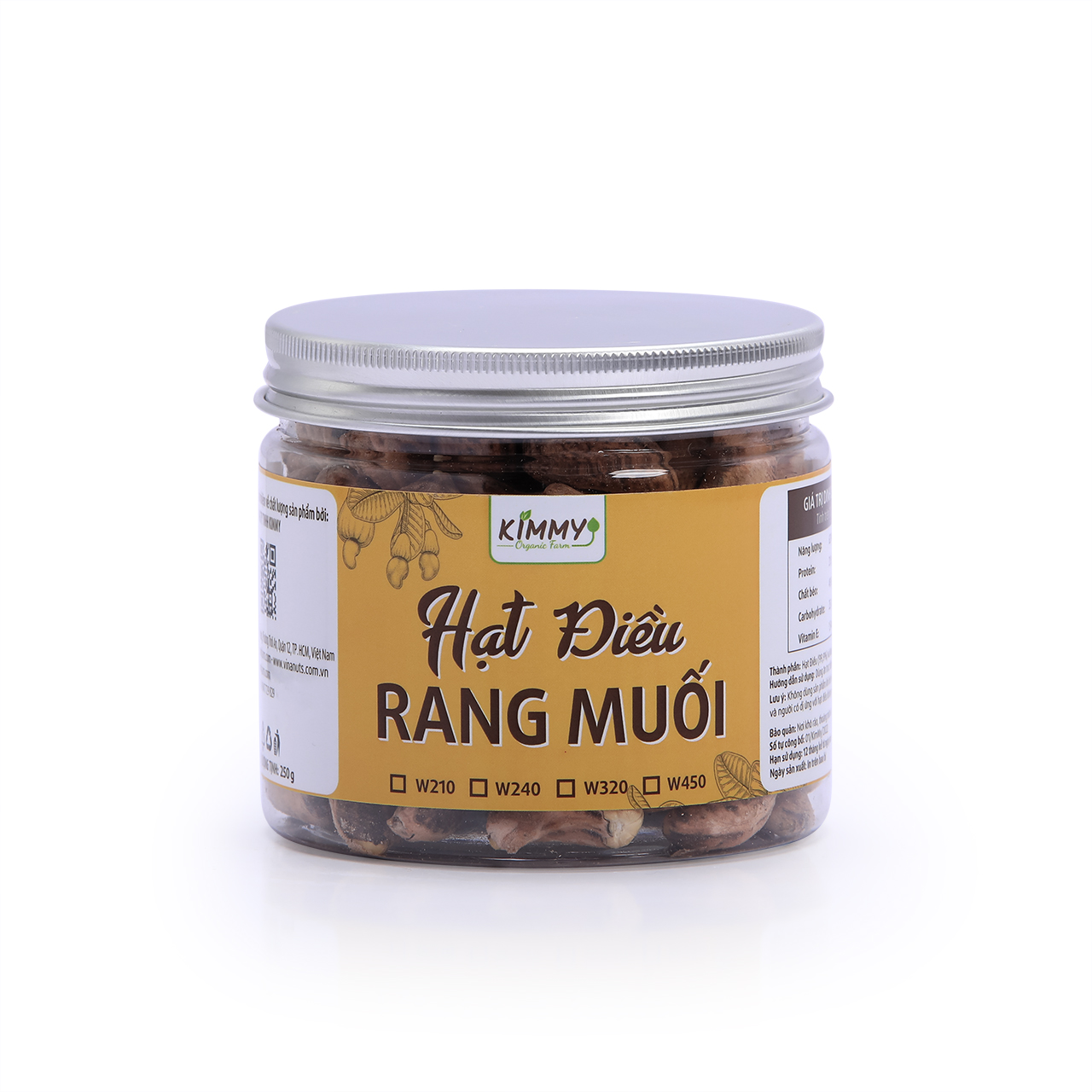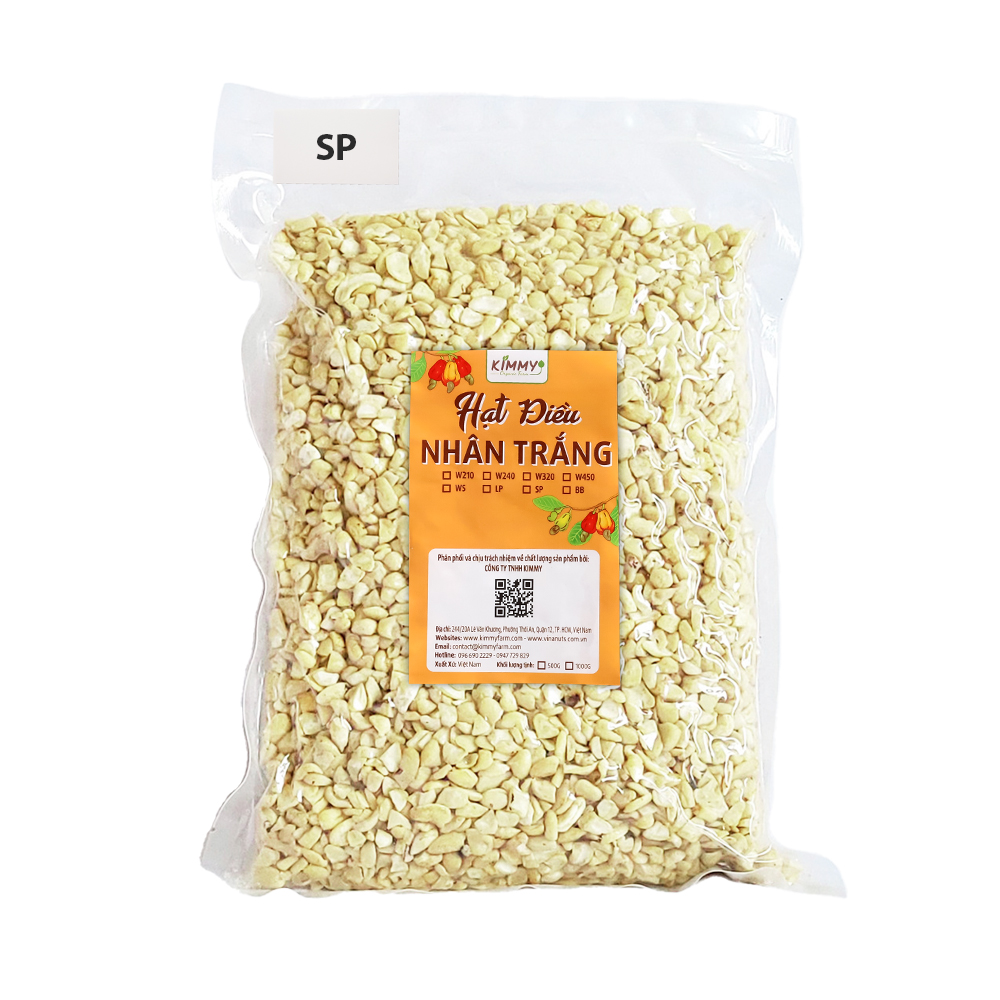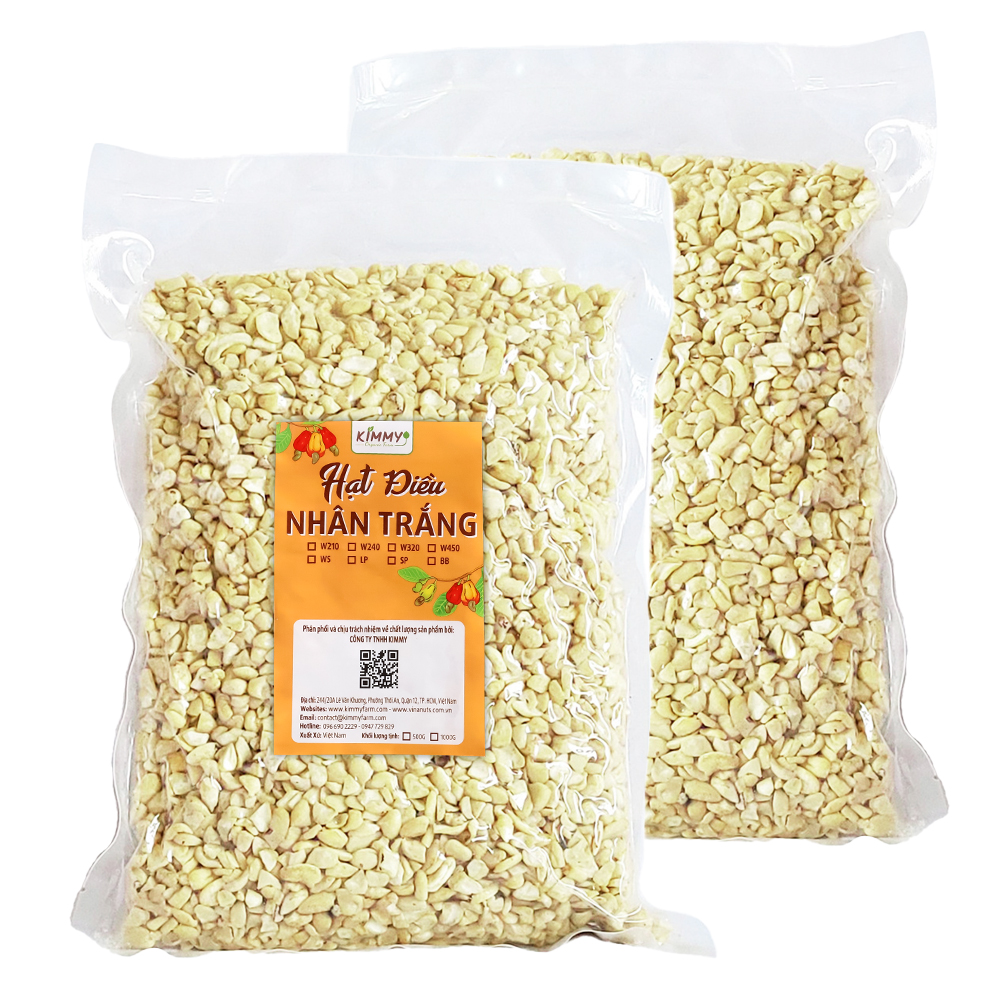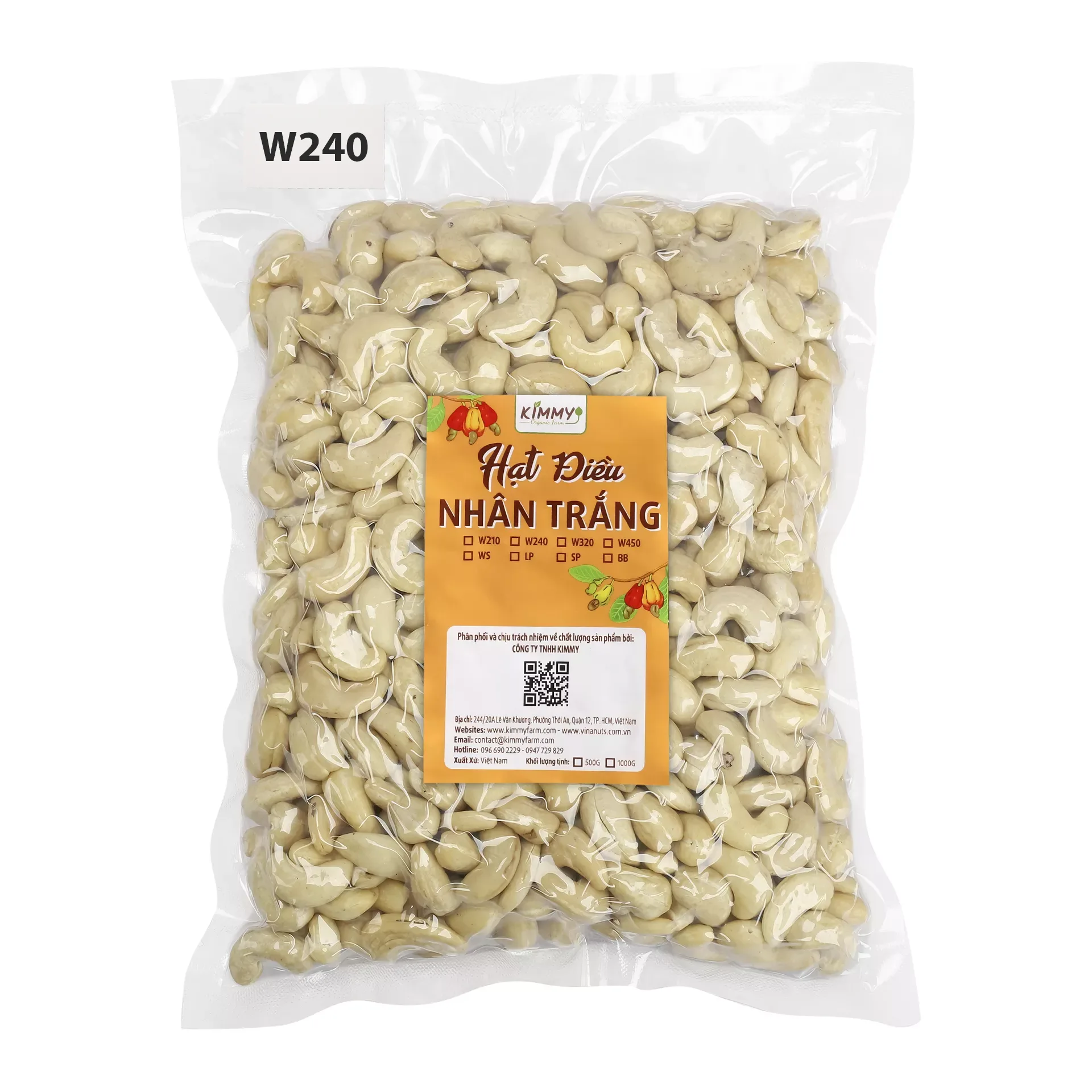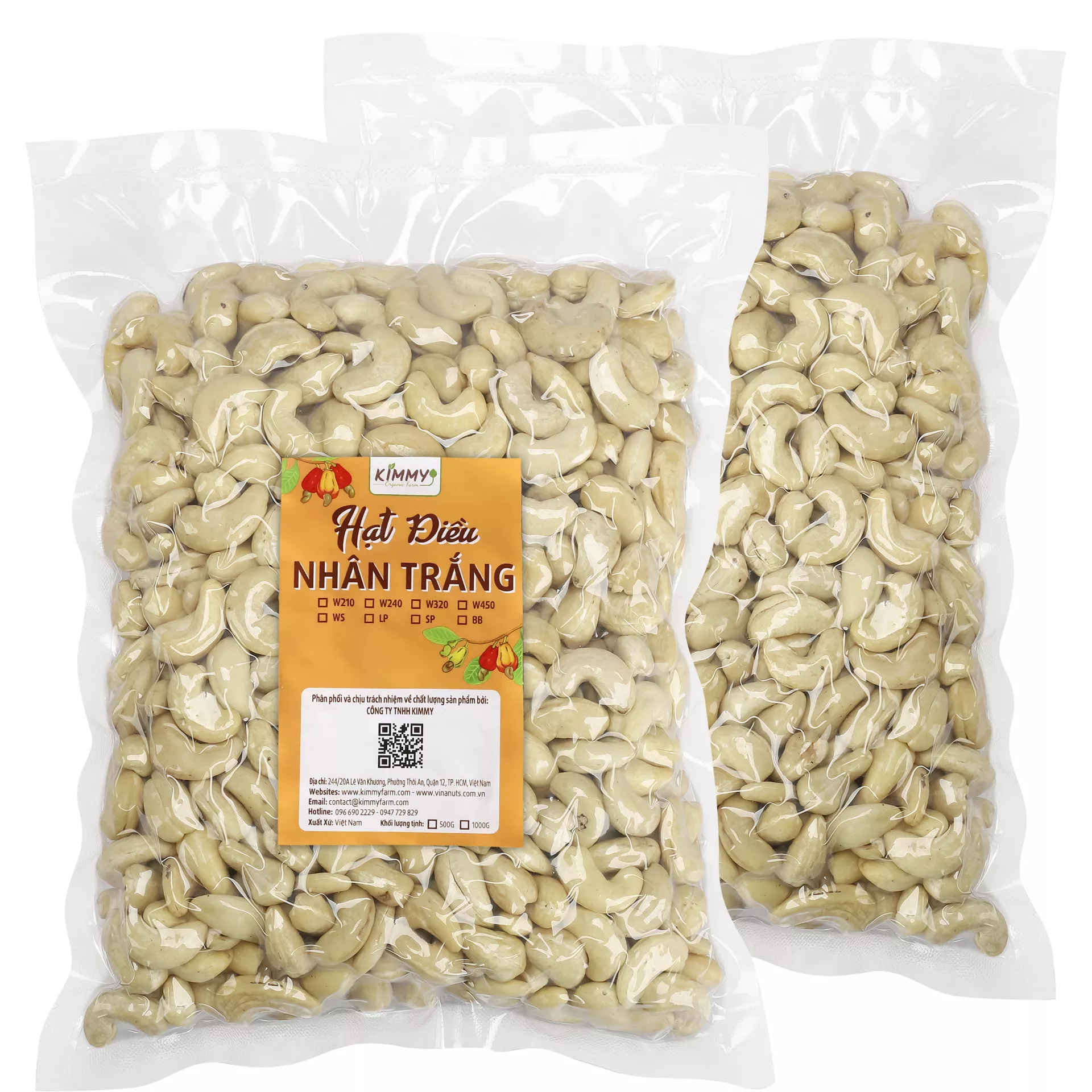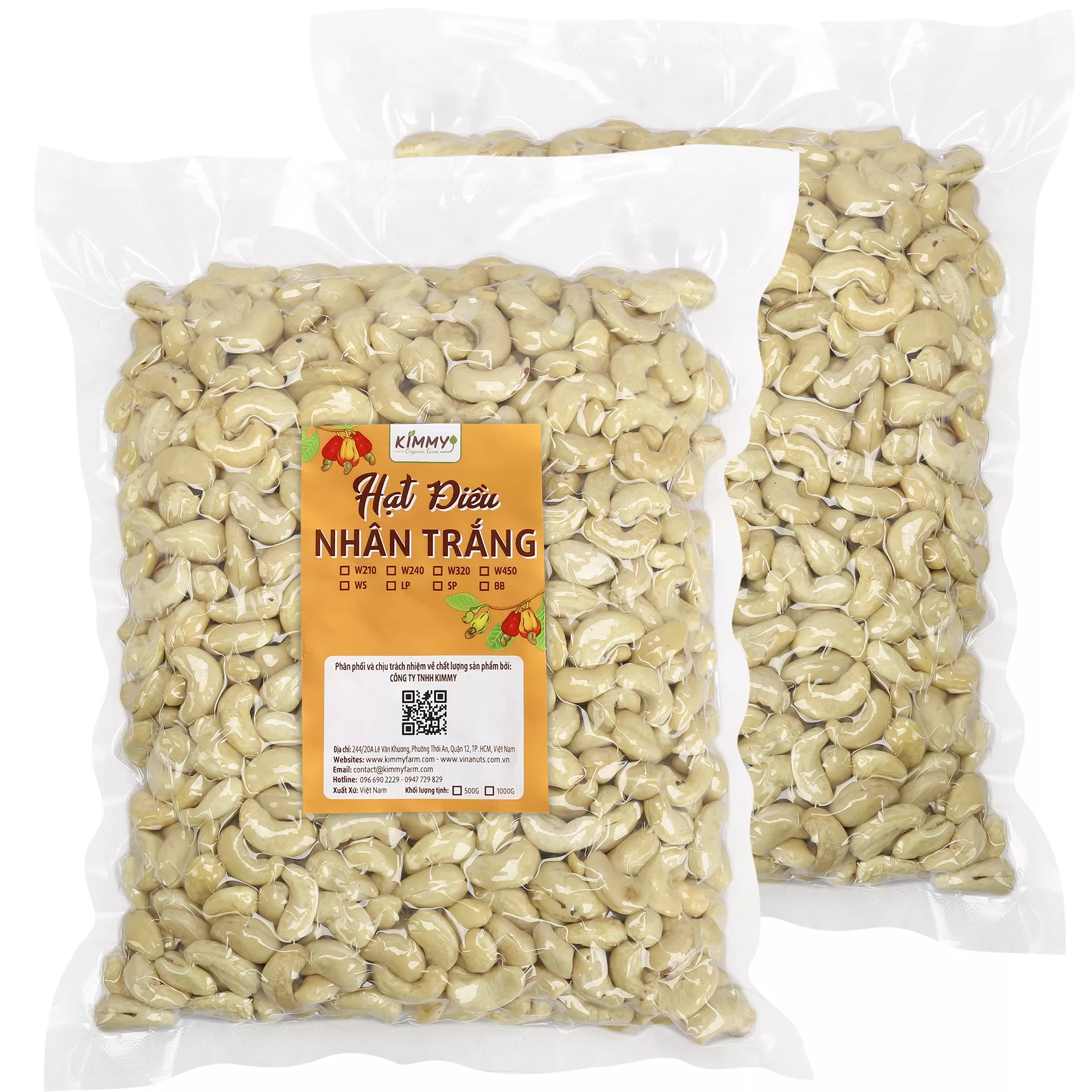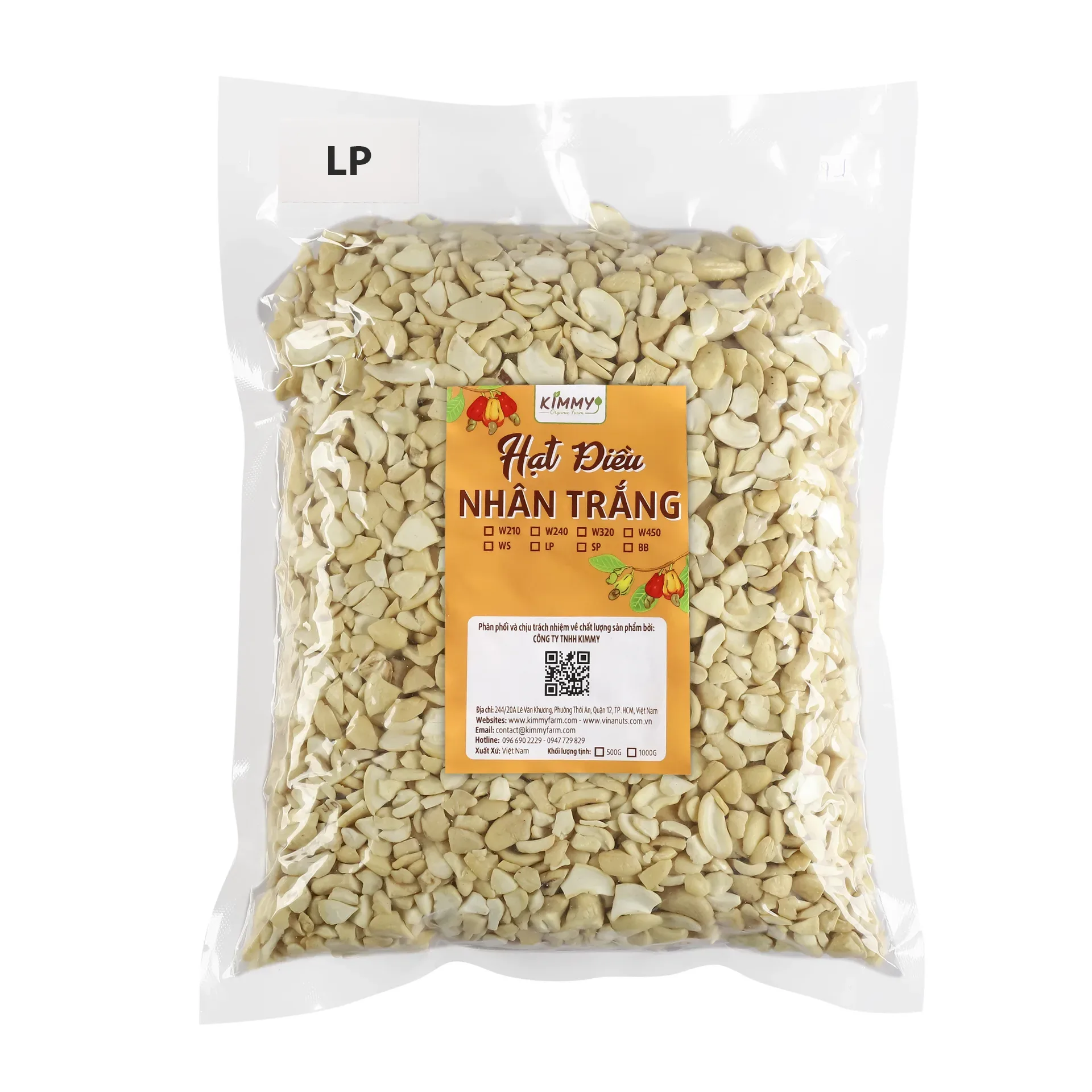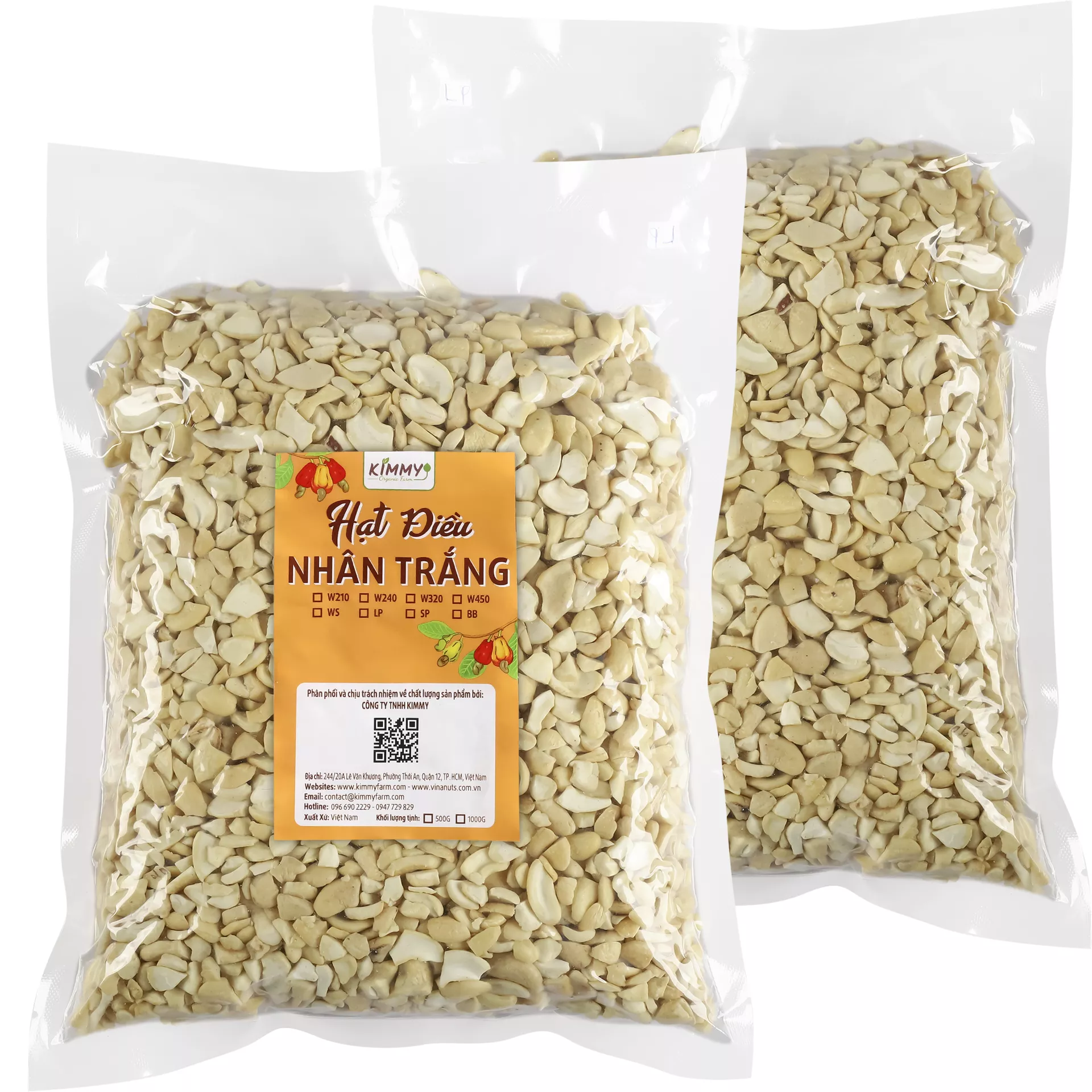Although cashew allergies are somewhat Very RARE, those who develop cashew allergies can have serious reactions if they’re exposed to cashews. About 0.1% of Americans have an allergy to cashews, and less than one in a thousand individuals will develop a severe allergy after being exposed to cashews. In this blog post, we’ll take a look at What Are Symptoms Of Cashew Nuts Allergy? and what you can do to avoid them. Keep reading to learn more!
=> Related Article: Side Effects Of Eating Too Many Cashew Nuts
Cashew Nut Allergies: Symptoms and Prevention
Cashew allergies are a type of food allergy that is caused by the protein cashew. Symptoms of a cashew allergy can include a skin rash, itching, hives, and difficulty breathing (Anaphylaxis). Cashew allergies are more common in people who are allergic to tree nuts, such as almonds, and peanuts…, but they can also occur in people who are not allergic to nuts. Individuals who experience a cashew allergy will have an allergic reaction that can involve multiple bodily systems. Approximately 20 to 30 percent of those with a peanut allergy are also allergic to Cashew nuts. And Cashews nuts were the second most common cause of tree nut allergy.
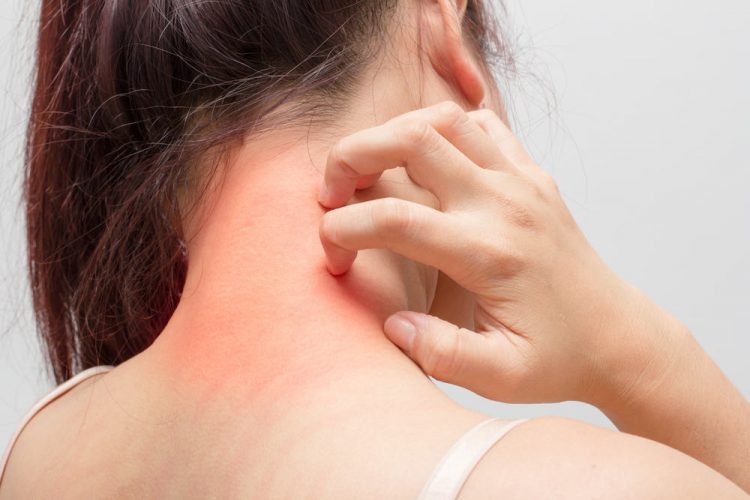
Skin rash is a common symptom of a cashew allergy – Kimmy Farm Vietnam
The most common symptoms of a cashew allergy include:
- Headache
- Skin rash
- Hives and itching
- Nausea
- Swelling of the mouth, face, or lips
- Swelling of the throat
- Sneezing
- Stomach pain
- Vomiting
- …
=> Related Article: Can Eating Cashews Cause Bloating, Diarrhea?
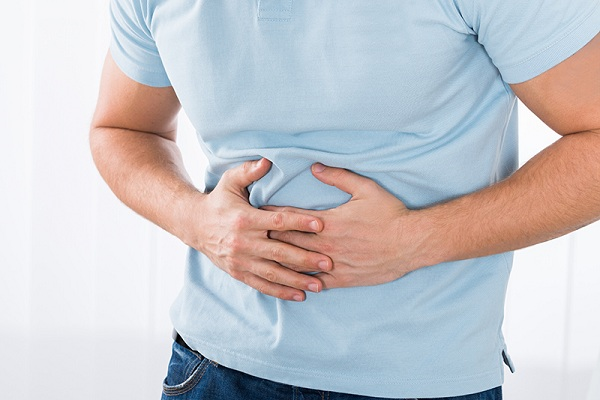
Stomach pain and vomiting are symptoms of a cashew allergy – Kimmy Farm Vietnam
The Rare symptoms of a cashew nuts Allergy include:
- Eczema: This skin condition can cause itching, rashes, or sores to break out on your skin. These symptoms can last anywhere from a few days to several months and may or may not resolve on their own.
- Colitis: Cashew allergy symptoms may also include intestinal upset. Intestinal cramping, diarrhea, or abdominal cramps may accompany the symptoms of eczema and make it difficult for individuals to eat.
- Anaphylaxis: A severe reaction to cashews may cause anaphylaxis or a severe allergic reaction that could trigger a life-threatening response.

Approximately 20 to 30 percent of those with a peanut allergy are also allergic to Cashew nuts.
How Frequent Are Cashew Allergies?
Although cashew allergies are somewhat rare, those who develop cashew allergies can have serious reactions if they’re exposed to cashews. About 0.1% of Americans have an allergy to cashews, and less than one in a thousand individuals will develop a severe allergy after being exposed to cashews.
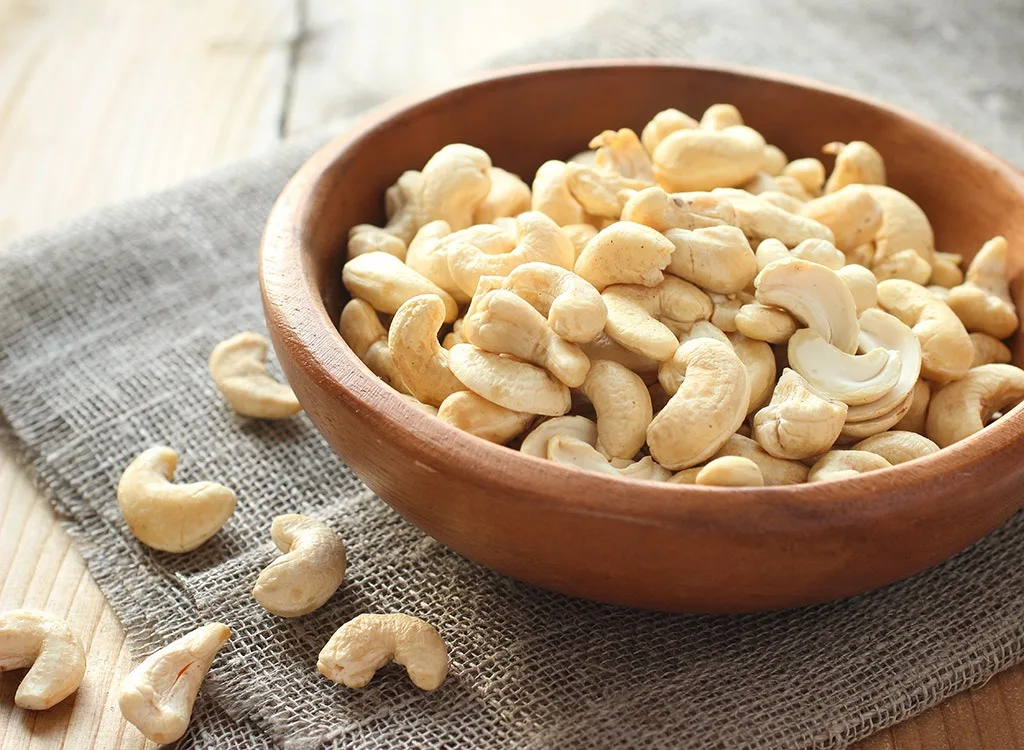
How To Prevention Cashews Allergic?
The best way to avoid cashew nuts allergic reactions is to avoid cashews and other nuts altogether. If you can’t do that, it’s important to know the signs and symptoms of an allergic reaction. If you experience any of the following symptoms, it’s important to seek medical attention: hives, swelling of the face, trouble breathing, chest tightness, dizziness, or numbness… There is currently no cure for cashew allergies, but treatment options include avoiding cashew-based products and undergoing an allergy test to determine if you are allergic to cashew. If you are allergic to cashew, you should avoid all cashew products, including food and cosmetics. In some cases, oral immunotherapy, a type of immunotherapy, can be effective in treating cashew allergies. Cashew allergies are relatively new allergies and they are on the rise.

If you are allergic to cashew, you should avoid all cashew products, including food and cosmetics.

A brand specializing in the production and export of agricultural products in Vietnam. We have a black soldier fly farm in Tay Ninh and a cashew growing area in Binh Phuoc. The main export products of the company are: cashew nuts, cashew nut kernels, black soldier fly, frozen seafood, shrimp, prawns, catfish… from Vietnam.

